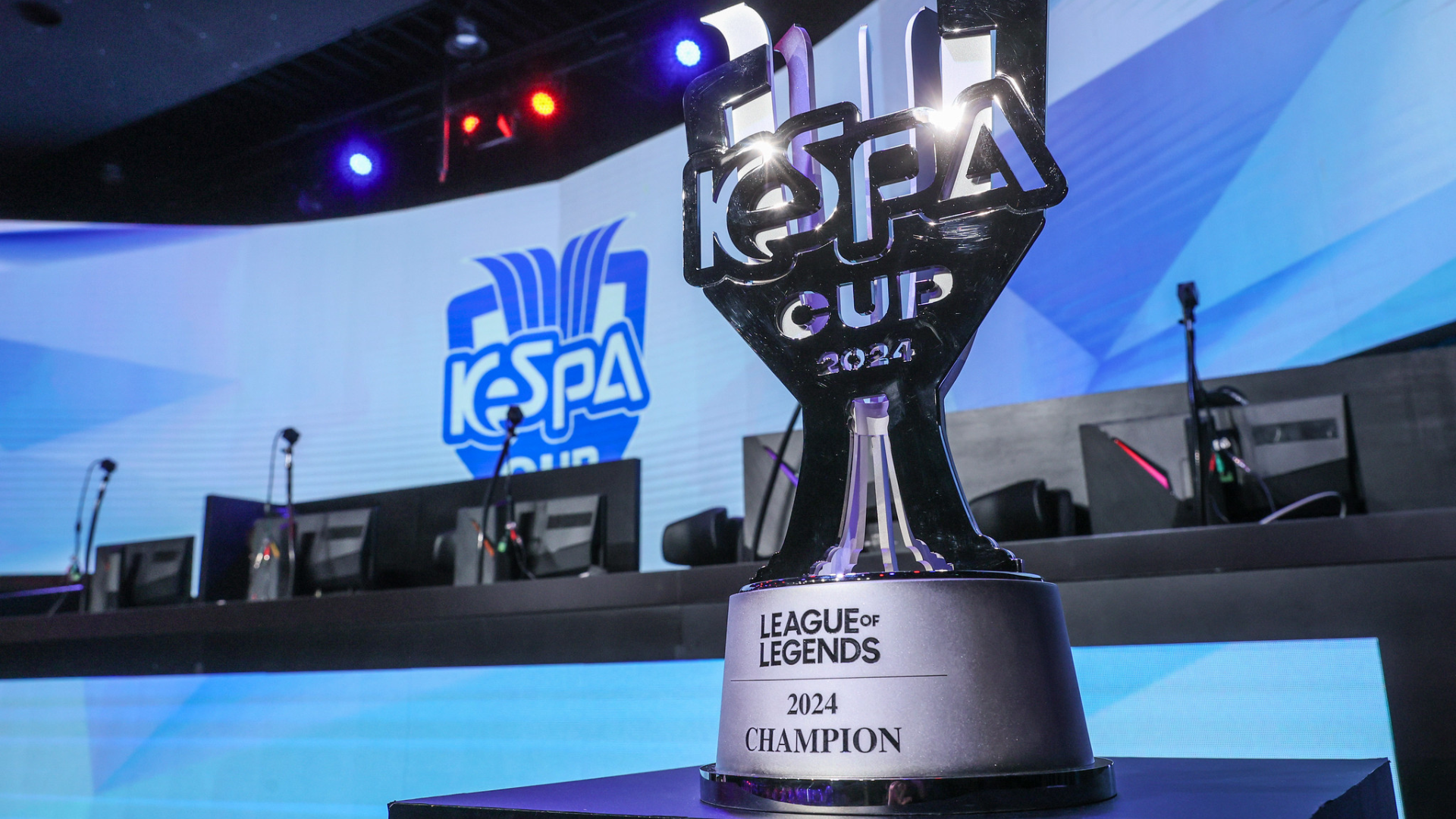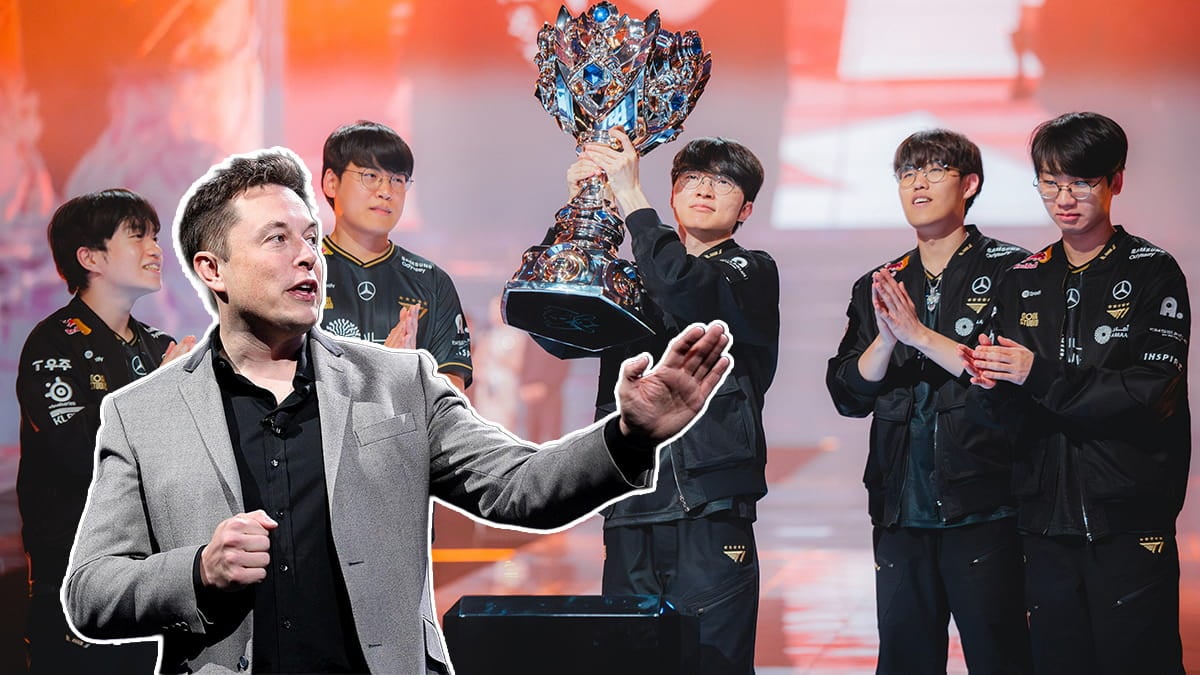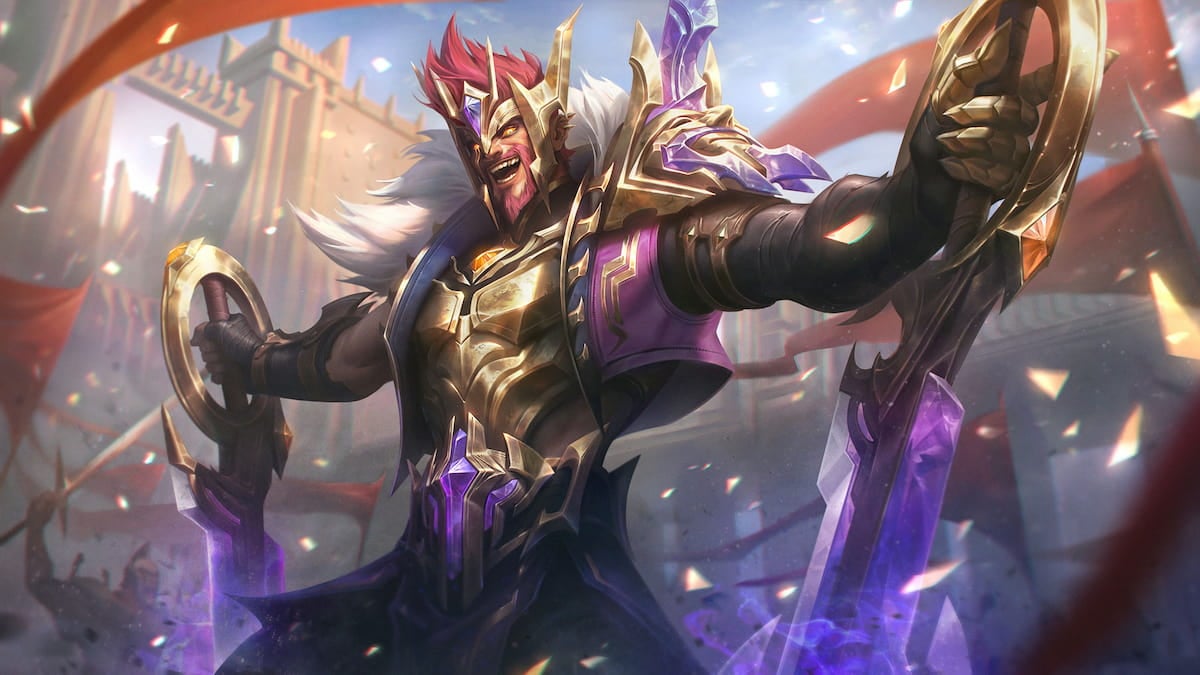Actions speak louder than words. It’s an age-old saying that’s been used again and again when it comes to sexual harassment and gender discrimination in the workplace. It’s also a maxim that Riot Games needs to embrace if the company wants its female employees to feel safe.
The League of Legends creator first came under intense scrutiny after Kotaku’s Cecilia D’Anastasio published an in-depth report on Aug. 7 alleging sexual harassment within the company’s hiring process, management structure, social events, and day-to-day operations. Less than a month later, that report has left a black mark on Riot’s reputation, especially as allegations against Riot continue to emerge.
A few days ago, software developer and engineer Barry Hawkins shared his own story about working at Riot Games, claiming the company struggled with “inappropriate behavior in the workplace,” which he categorized as “the use of sexual references and gestures by straight men toward other straight men” and “sexist and inappropriate language about women.”
Hawkins’ account differs from D’Anastasio’s reporting, however, in that it directly implicates Riot co-founder and co-chairman Brandon Beck in the company’s misogynistic culture. In his blog post, Hawkins claims Beck quipped that “no doesn’t necessarily mean no” during a company AMA for hiring managers, and the rape joke was quickly met with “raucous laughter” by some and dead silence by others. After Hawkins wrote a concerned email to Beck about the rape joke, he underwent two meetings, first with Beck and fellow co-founder Marc Merrill, and then with Merrill alone, both of which led to Hawkins realizing his future at Riot was “limited” because he clashed with the company’s “sense of humor.” He later left Riot.
“I do not think that much of leadership would actively condone sexism and the mistreatment of women,” Hawkins wrote in his post. “However, when confronted with what they would need to change about their behavior to prevent an environment that nurtures sexism and mistreatment of women, they have an established record of being unwilling to make those changes.”
Now, in light of these accusations, Riot finally issued an action plan today to change the company’s “cultural DNA” and “leave no room for sexism or misogyny” internally. As far as apologies go, this one is extensive, clocking in at over 1,000 words and detailing seven “first steps” to improving Riot’s problem with sexual harassment. While the company admits that change won’t come overnight, Riot also claims that it’s committed to fixing its problems in the long-term.
Short term, we’re committed to revisiting our cultural tenants, our manifesto, and how we define gamer. We’re partnering with outside experts to bring unbiased eyes into re-evaluating Talent, culture, and holding ourselves accountable.
— Riot Games (@riotgames) August 29, 2018
Riot Games released a statement re: the recent culture controversies. I'm personally optimistic because in the last few weeks I've seen so many people with a fire lit under them to transform Riot into a company all Rioters love working for 🙂 https://t.co/hqc414pWz7
— Janelle Wavell-Jimenez (aka Stellari) (@thejanellemj) August 29, 2018
To Riot’s credit, the company sounds serious about enacting some real change. For one, it wants to expand its Diversity and Inclusion program, change its manifesto’s phrasing, and consult with outside advisers to figure out how to improve the developer’s climate. The studio also promises to improve its internal investigation process by adding a hotline and consulting with a law firm to “provide an additional, unbiased layer” to reviewing HR complaints.
As far as first steps go, Riot is doing pretty well. Companies rarely fess up to their internal problems when sexual harassment, abuse, and discrimination allegations surface publicly, whereas Riot is being pretty transparent about its steps forward with its customers. It’s like the developer is handing the industry a rubric to judge it by for the future, giving outsiders the power to gauge whether Riot is taking the right steps or breaking its promises.
That said, there’s one line in particular that stands out about Riot’s plan: The company claims that “no one and nothing is sacred” when it comes to employee investigations. In theory, that means any person who is creating an abusive work environment could be terminated, whether they’re a lower-level manager or at the highest positions within the company. In light of Hawkins’ post about Beck, that’s an enormous promise to make.
“We are prepared to make big changes and have begun taking action against specific cases, including removal of Rioters, though we aren’t likely to get into those details publicly on a case-by-case basis for legal and privacy reasons,” Riot explained in its blog post.
Words are just that: words. In the short-term, they can restore some semblance of trust, but acknowledging a problem isn’t the same as trying to solve it. If Riot really wants to change, it will have to make some tough decisions. An apology from Beck would send the right message for one, if not his outright removal as co-chairman from Riot’s board. At the end of the day, Riot is his company, and that means he needs to take responsibility for its actions.
Not just that, but Hawkins’ blog post paints a damning picture about Beck’s role as a leader by alleging that the co-founder told a rape joke in front of a crowd of shocked employees and promptly swept the problem under the rug. For the record, Merrill is just as responsible as a co-founder and co-chairman too. While Hawkins paints him as a mediator of sorts, Merrill ultimately let Hawkins’ complaints go on unresolved, continuing the problems that led to Kotaku’s report. When corporate cultures show a pattern of toxic behavior across departments, the top is usually to blame, and it’s easy to see how a troubling “voice” and “sense of humor” festered under Beck’s command and Merrill’s inaction.
Am I reading this correctly? Riot Games thought that only managers needed anti-harassment training before this? pic.twitter.com/SDqLoYQYqt
— Ryan "say892" Krause (@RyanDKrause) August 29, 2018
i love love LOVE this line from @riotgames’ PR statement basically telling prospective employees that part of their job role will be fixing the toxic company they just started working for pic.twitter.com/QP97sYq2sG
— Jonathan Deesi̓̐ͦ̄ng (@Deesing) August 29, 2018
I really hope leadership at Riot will take responsibility for their actions and are held accountable. There needs to be some sort of audit starting from the top.
— Liliana 𐄂 (@LilianaO__o) August 29, 2018
Talk is cheap, so here's to hoping we see change. I'll do what I can to help. https://t.co/Fpd8ibuNDv
— Kien Lam (@MeanMisterKien) August 29, 2018
"We’re sorry. We’re sorry that Riot hasn’t always been—or wasn’t—the place we promised you. And we’re sorry it took so long for us to hear you."
— Kay damphyr ☠️💜🎮🎲 (@Kaydamphyr) August 29, 2018
This statement, without excuse, preamble, or justification, was amazing to read. Go build a better Riot, I'm excited to see it. https://t.co/G5Ijgunuje
Riot’s problems aren’t just an issue with a few bad actors running amok. There’s a pattern of behavior here, one that led to dozens of women coming out with some alarming accusations. Riot needs to be transparent with its actions every step of the way and take responsibility for its employees, from the bottom to the very top. By the same token, as fans, consumers, and journalists, we need to be constantly pushing Riot to do better, and make sure the company fesses up if it’s struggling to put the phrase “no one and nothing is sacred” into action.
After all, an apology is never enough. If we let Riot slip up, those same patterns that left dozens of women scared and shaken will only continue to fester internally, leading to more victims in the workplace.













Published: Aug 29, 2018 04:30 pm